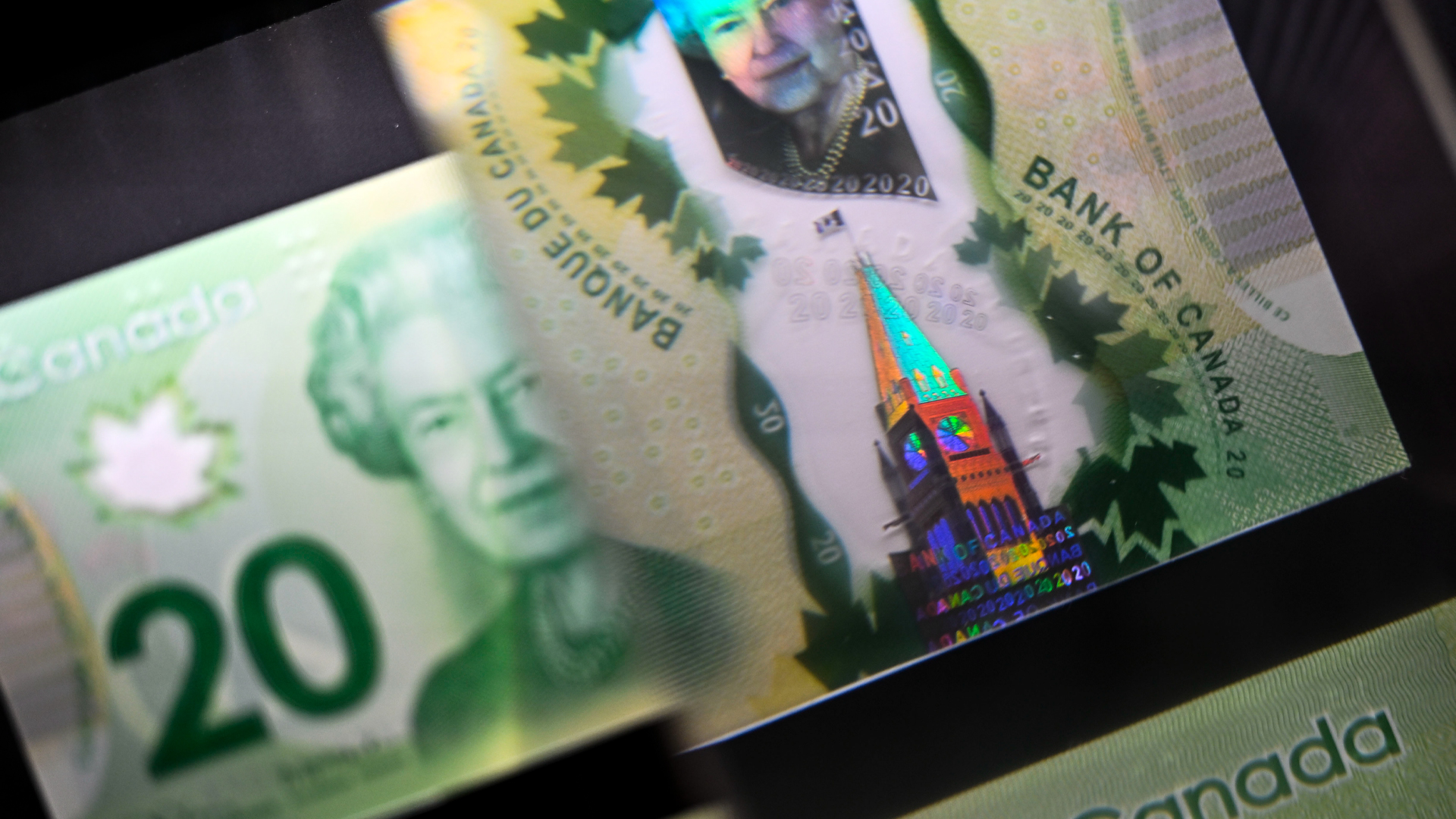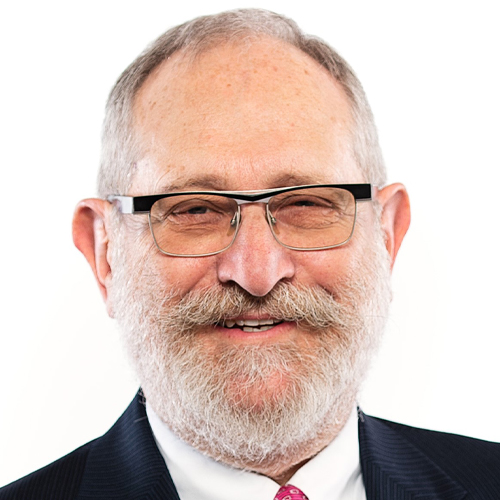
In my years as deputy minister of the environment, as a manager of science and scientists, I found that there were many weaknesses in the government’s approach to the participation of government scientists in public debates. Since that time, I have found that these questions are addressed and elaborated in the scholarly literature on institutional design, accountability, ministerial responsibility and science, and by scientists themselves. Indeed, there are several scholarly journals dedicated to the subject. However, there is still much room for further work in the field to better understand how and when government scientists can and should engage in policy debates: the grey areas remain significant and hold many challenges for scientists, senior officials and ministers.
The previous government apparently prohibited scientists from talking to the media and in some cases from talking to other scientists. I want to elaborate on this distinction and to note that the government was justified in one part of this apparent gag order and unjustified in another.
Government scientists have an obligation to discuss their research with other scientists. Publicly funded science must be subjected to peer review and outside influence, and thus government scientists should be going to conferences, presenting the results of their research and commenting on others’ papers. Scientific method requires challenging and testing hypotheses and results.
Good government scientists will know whom to involve from the scientific community and how to involve them. They will stay informed of the current research in academia and the private sector, and they will know the limits and scope of the body of knowledge in their field. They will understand how to mobilize that knowledge to ensure that it is taken into account in deliberations on public policy.
They should be prepared, with appropriate training, to talk to the public about their research. I say “appropriate training” because they must understand how to translate their research results into something that is comprehensible to the public. And they need to understand how to deal with risk and uncertainty and the likelihood of various outcomes.
There are a few particular dangers in the treatment of risk. Often scientists feel obliged to expose all the inadequacies of the scientific consensus and the confidence limits around their conclusions. So, of course, no scientist would ever conclude that any particular weather event was due to climate change. Still, the preponderance of evidence leads to an overwhelming scientific consensus that humanity is causing climate change. But the deniers of anthropogenic climate change use that legitimate scientific hesitation to draw contrary conclusions. Sometimes scientists make the conditions and limitations more important than the results.
On the other hand, scientists often are invested in their research and fail to see the limits of the public policy conclusions that can be drawn from it. When public servants who are scientists take it upon themselves to publicly challenge a minister, they run afoul of our conventions and laws on ministerial accountability. Even the courts have endorsed the principle. Moreover, when scientists naively lay out their personal views, they often get dragged into a public dispute if a journalist feels the need to find a contrary opinion. Often the consensus is clear, but there are a few rogues or renegades who are prepared to take contrarian positions. Vaccines and their assessment are an example, as is climate change.
Scientists should not be permitted to speculate or offer their personal views on matters of policy. Government scientists are not public actors in the political arena. In Canada’s Westminster parliamentary democracy, scientists in the public service are accountable to Parliament through a minister. It is the minister who is accountable to Parliament for government policy. It is the minister and cabinet who have to take account of the science in making decisions.
Government scientists should be informing the decision process with the accumulation of generally accepted scientific knowledge. Science, of course, is not absolute. Government scientists are a filter for the publicly available science, deleting the bad analysis, accumulating the good and translating it for senior officials and ministers to use in the policy process. They also should be undertaking good science themselves to inform government decision-making.
It is for senior officials to take that input of generally accepted scientific conclusions and combine it with other valuable inputs, including social science measures of impact and effect, to use the tools of the policy sciences to prepare options and recommendations. The scientist’s research and recommendations must be part of this process. But they might not be the determinant element of a decision.
Often it is difficult for scientists to appreciate that the political objectives of duly elected governors may include other, more complex objectives that may require trading off the evident scientific effects and the social, economic and political effects that motivate the minister and the government. It is they who are subject to public accountability. It is ministers who are elected by the public.
Democratically elected governments are obliged to consider risk and scientific effect and impact. They must make decisions after deliberating on the optimal kinds of risks. These complex decisions must be informed by the science. But the science cannot provide all the information necessary to make a decision on the approval of a drug, the total allowable catch of a species, the authorization of a pesticide, the construction of a dam or air safety. These are inherently political decisions. They require scientific information, and they also require other factors to be taken into account. The optimal quantity of risk is seldom zero. It is for ministers to make that judgment.
Of course, the notions that there is a scientific consensus on any particular issue and that there is a clear separation between research and policy are often at odds with reality. Most often there is a broad grey area around any scientific controversy, with plenty of accompanying policy confusion and political dispute. The notion that issues have scientific clarity, analytic policy foundations and no political heat is naive in the extreme. Therefore, I believe that the current government’s rather clumsy exhortation to all government scientists to feel comfortable talking to the media will lead to its own set of controversies and a potential crackdown on government scientists. It is precisely because of the existence of these grey areas that we need a public policy on the role of scientists in public discourse.
Finally, the management of science in government requires the most effective and efficient use of government scientists. Tapping the best scientists to become managers of science takes them out of the lab and may reduce their effectiveness. The best scientists are not necessarily the best managers. The skill sets of scientists — being curious, inquisitive, rigorous and disciplined — are all necessary for good managers of science. But the leaders in labs need those skills as well as a tolerance for ambiguity, a respect for accountability, a strategic sense of direction and a capacity to motivate, lead and inspire. While some scientists may make good managers of science, this is often not the case.
A sound policy on the role of scientists in public discourse would address the following points.
A clear distinction should be made between government scientists talking about their research and government scientists talking about the policy implications of their research. The results of research speak for themselves; the policy conclusions to be drawn depend on an array of other factors that often the scientist has no knowledge of and is not competent to judge.
Similarly, ministers should never be allowed to consider policy on matters that could be informed by science without having the benefit of the scientific consensus. It is incumbent on senior officials to ensure that the scientific results are fed into the policy process so as to guide the decision-maker.
And finally, managers of science may well come from outside the laboratory environment, and we should avoid taking the best scientists out of the lab and turning them into managers.
This article is part of the Science, Technology and Public Policy special feature.








